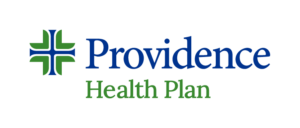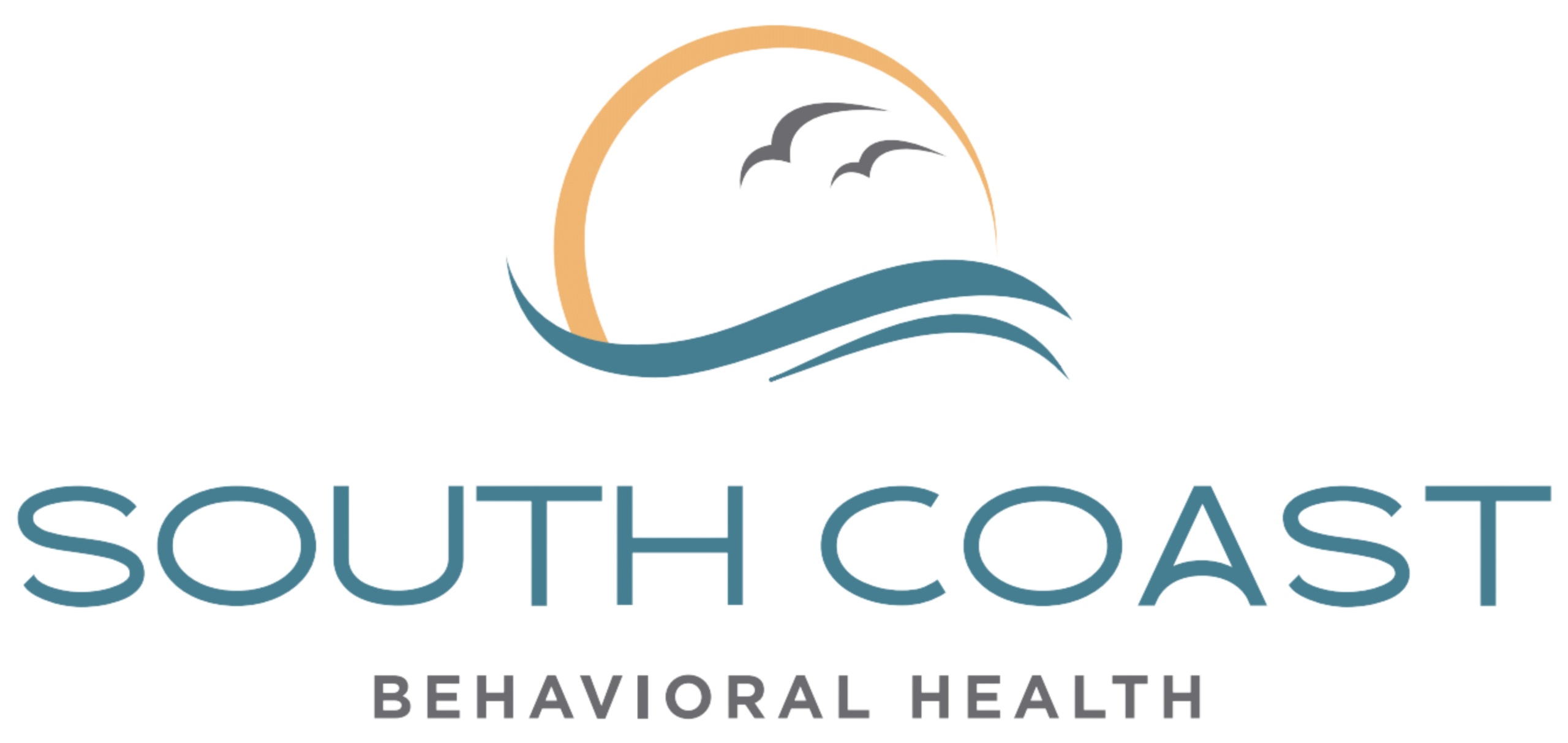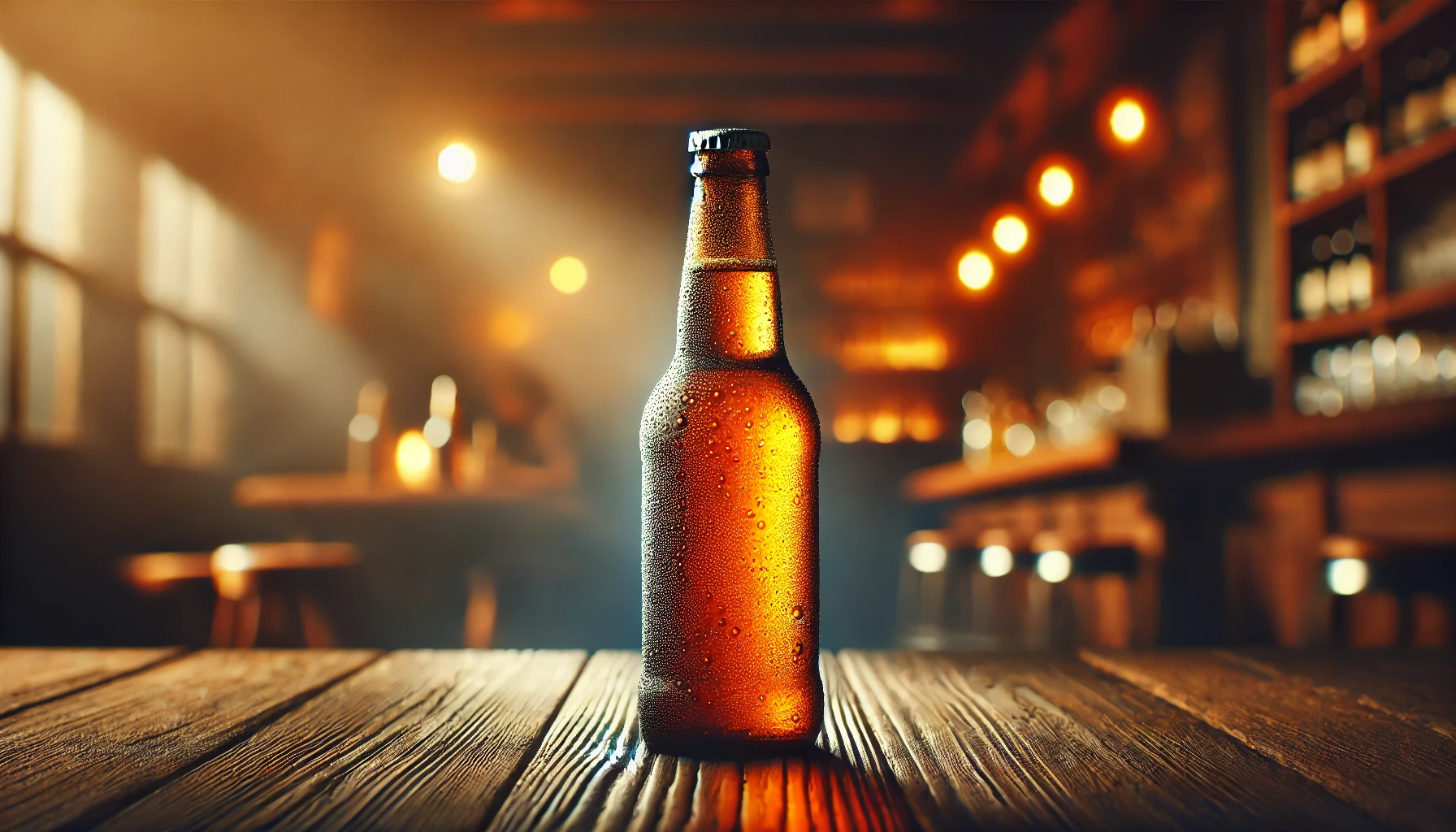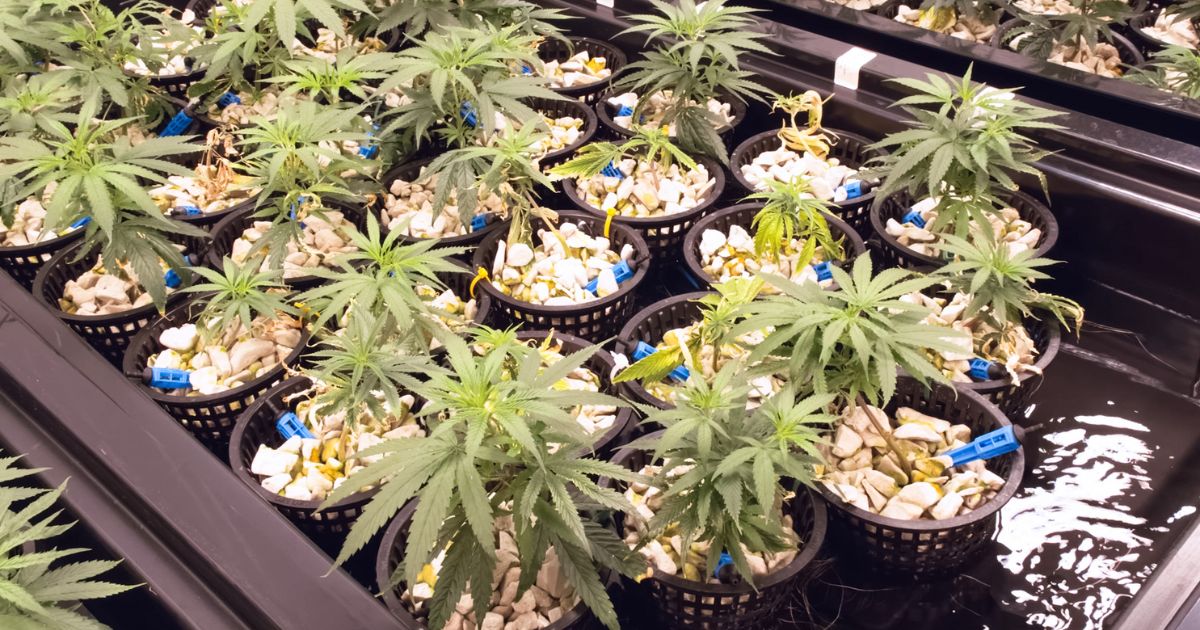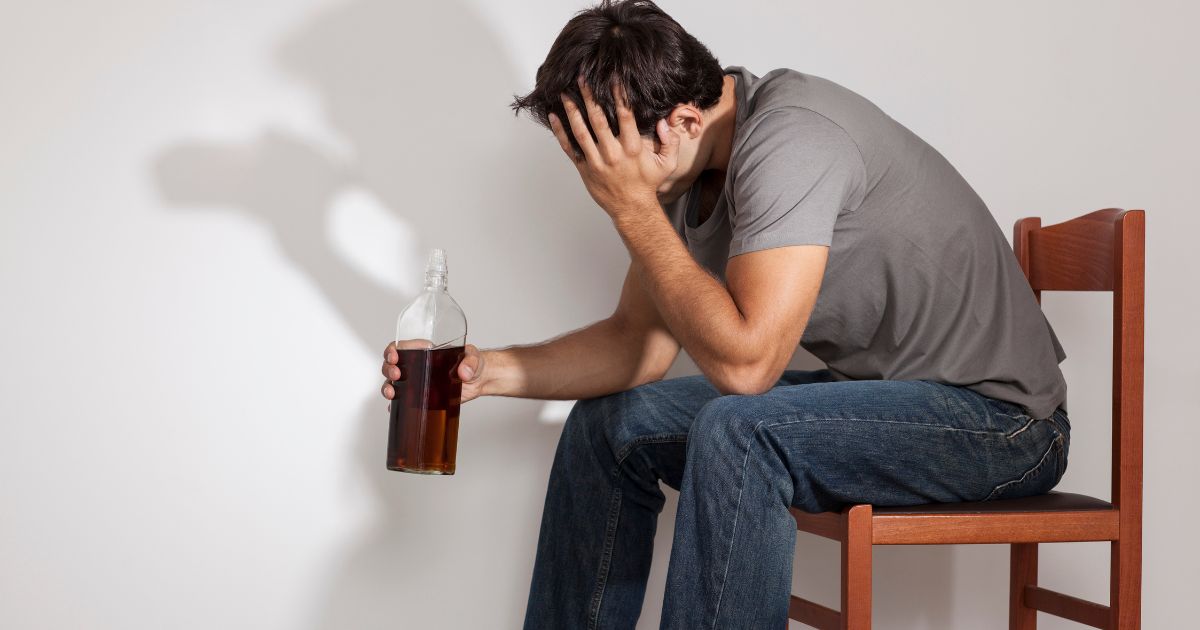One of the main issues child development experts focus on is how parental substance abuse impacts kids. They universally agree that it creates an unstable home life – some even refer to it as child abuse.
Children who grow up in unstable homes are much more likely to experience negative outcomes like addiction, mental illness, incarceration, and other problems. Growing up with alcoholic parents or parents with drug addiction makes a child much more likely to experience those same issues as an adult.
In this article, we’ll talk about how parental substance abuse impacts kids.
What Is Parental Substance Abuse?
Parental substance abuse refers to when one or both parents are abusing drugs or alcohol. Oftentimes, this negatively impacts their ability to care for their children effectively. Even if the parents are “high-functioning alcoholics,” children are deeply influenced by the example their parents set. Their ideas of what is or what is not acceptable or wise come first and foremost from their parents.
For example, a study from the National Library of Medicine found that how long children look at screens is influenced by their parents’ own screen time. Studies likewise show that children of parents with addiction problems are far more likely to experience addictions themselves later in life. One, from Adversity and Resilience Science, found that 67.4% of adolescents from such homes abused substances themselves. For children from homes without such issues, the proportion was almost half as much – just 37.5%.
How Many Children Live with Parents Who Abuse Substances?
According to the Substance Abuse and Mental Health Services Administration, an annual average of 8.7 million children in the United States under the age of 17 live in parental substance abuse households.
Here’s how that figure breaks down by age group:
- 5 million children aged two or below
- 4 million children between the ages of three and five
- 8 million children aged 6 to 11
- 3 million aged between 12 and 17 years of age
Data also shows that 1.7 million children reside in single-parent households where the parent has an addiction: 1.4 million live with their mothers and 344,000 live with their fathers.
According to the National Alliance for Drug Endangered Children, one in eight children live in households of parents with addiction problems. That includes one in ten parents with alcohol addiction and one in thirty-five parents with drug addiction issues.
Get confidential help from our addiction treatment specialists in Orange County. Call to join our rehab program today!
Call 866-881-1184How Does Parental Substance Abuse Impact Kids?
One important theory in this discussion is the family systems theory. This theory holds that issues such as addiction are best addressed by involving the entire family in therapy. According to this theory, children will adapt to parents with addiction by seeking homeostasis or stability.
For example, a child may seek to cover up his parent’s drinking by cleaning up after him. Such a child is not only exposed to substance abuse but also may thus unintentionally exacerbate the issue by helping to conceal it.
Family systems theory also places a lot of importance on attachment. Attachment is how closely bonded parents are, emotionally, with their children. Parents with substance issues tend to have difficulties regulating their behavior. They might be too consumed with their addictions to properly notice when their children need them. The result is a higher incidence of various behavioral and psychological issues.
One study on alcoholic parents and childhood development in the American Journal on Addictions of 96 families found that 41% of children of alcoholic parents suffered from some psychopathological condition. For families where one or both parents had an opioid addiction, that number was 59%.
Children of parents with addiction issues are also at higher risk of physical or emotional harm. They run a higher risk of abandonment and neglect. Homes may also be unsanitary and unsafe due to alcohol, drugs, and drug paraphernalia lying around in easy reach.
Immediate Effects
Here are some immediate negative effects children can experience living with parental substance abuse:
- Financial Strain – People with addictions are no longer entirely in control of their spending. They easily spend vast sums to feed their habit, which is resources taken away from the well-being of their children.
- Domestic Violence – There is a high correlation between domestic violence and substance abuse. Around 40 to 60% of reported domestic violence involve alcohol or drug use. Children from violent homes often exhibit depression, anxiety, low self-esteem, and other issues.
- Family Instability – Like anyone else, parents with drug addiction issues tend to act erratically. All priorities take second place to their addiction. This unpredictability and chaos in the home can cause significant stress and anxiety in children. This is especially so if the child experiences their parents as unresponsive to their needs (very possible if the parent is preoccupied with their addiction).
Long-term Effects
The damage children can suffer from parents with addiction issues can extend far into the future:
- Developmental Delays – Alcoholic parents and childhood development don’t go well together. One study suggested that children of alcoholic parents may experience delays in their cognitive or emotional development. This can lead to them having trouble making friends or keeping up with schoolwork.
- Social and Behavioral Issues – Children of parents struggling with substance abuse may experience anger issues, cut school more often, get into fights, or become defiant. This is because the children may seek to “act out” in frustration with their situation. Parents with addiction issues may also have less energy to spend on monitoring and correcting bad behavior
- Increased Risk for Co-occurring Disorders – The stress and trauma of growing up with parents with addiction issues can increase the likelihood of those children developing those same issues later in life. On top of the stress, there is the simple fact that children’s ideas of acceptable behavior are highly influenced by the example their parents set.
Substance Abuse During Pregnancy
It’s believed that roughly 10% of women worldwide consume alcohol during pregnancy, with 3% outright binge drinking. Even worse than merely growing up with alcoholic parents, substance abuse during pregnancy is exceptionally damaging to children. According to the National Institute on Drug Abuse, the use of alcohol, tobacco, or illegal drugs can have dire consequences for the unborn child.
Using any of these substances during pregnancy can double or even triple the risk for a stillborn child. Women who drink while pregnant also put their children at higher risk of developing fetal alcohol spectrum disorder (FASD). This devastating disorder includes physical abnormalities, behavioral problems, and significant intellectual disabilities. There’s also no treatment for this condition.
Even if these things do not occur, cognitive impairment is still a big risk. Children of alcoholic parents are more likely to experience issues with attention and short-term memory.
Alcohol is not the only substance whose consumption during pregnancy can harm children. A 2015 longitudinal study found that children exposed in the womb to substances like opioids scored significantly lower on IQ tests than other children.
In short, consuming any kind of mind-altering substance during pregnancy is a terrible idea.
Looking for quality substance abuse treatment that’s also affordable? South Coast accepts most major insurance providers. Get a free insurance benefits check now.
Check Your CoverageGenetics and Addiction
Another major component of how parental substance abuse impacts kids concerns genetics. There’s a scientific consensus that genetics play a major role in determining a person’s risk of addiction – anywhere from 40 to 60% of the issue. A major study from the National Institutes of Health has helped shed light on this.
In a dataset of over one million people, scientists have been able to identify specific genes commonly found in those with addictions. Not only that, but the study also was able to pinpoint specific genetic markers to specific addictions, including nicotine, cannabis, opioid, and alcohol use disorders. It identified 19 different markers associated with general addiction risk and 47 different markers for various specific addictions.
Here are the genes behind addiction:
- Nicotine: CHRNA2, CHRNA3, CHRNA4, CHRNA5, CHRNB4, CHRNA5, COMT, CYP2A6, CYP2B6, DBH, DNMT3B, DRD2, DRD3, DRD4, DBH, KDM4A, NCAM1, OPRM1, PDE4B, SLC6A3
- Cannabis: CADM2, CHRNA2, CNR1, FOXP2, MEF2B, NRG1
- Opioids: ABCB1, DRD2, DRD3, DRD4, FURIN, OPRK1, OPRM1, OPRD1, BDNF, NRXN3, NGFB
- Alcohol: ADH1B, ADH1C, DRD2, ADH4, ADH5, ADH7, ALDH2, GABRA2, CHRM2, KCNJ6, AUTS2
This means, for example, that children of parents with addiction issues are at higher risk of addiction, not only due to the neglect or chaos they experience in the home but also due to their genetic makeup. In other words, it’s not just nurture – nature itself plays a huge role.
According to the scientific journal Nature, the chances of children of alcoholic parents having genetics associated with alcoholism is 50%.
One last interesting thing to note: there is a significant overlap between the genes associated with alcoholism in particular and those associated with various mental conditions. These include things like ADHD, MDD, anxiety, and schizophrenia. Children of parents with alcohol addiction may, therefore, be at increased risk for other mental health issues.
Where Can Families Affected by Substance Abuse Get Help?
Addiction doesn’t just affect the individual – it’s hard on the family as well. Below, you’ll find a list of some of the recovery support groups and resources available.
Recovery Support Groups
There are a number of recovery support groups available for those who have parents with addiction issues.
These include:
- Al-Anon and Alateen: Al-Anon and Alateen are well-known support groups that assist families dealing with alcohol addiction. Al-Anon caters to adults, while Alateen is for children of alcoholic parents aged 13 to 18. These groups offer a community where people can go and share their struggles, gain insights, or simply enjoy fellowship with other members.
- Nar-Anon: Like Al-Anon, Nar-Anon Family Groups are tailored to families battling drug addiction. It provides support for those who may have parents with drug addiction issues.
- Families Anonymous: Families Anonymous provides support to families impacted by addiction. Those who have parents with addiction problems may find useful guidance and comfort here.
- SMART Recovery Family & Friends Handbook: This is a handbook put out by SMART Recovery that aims at equipping children of parents with addiction problems with the tools needed to help them in their recovery journey.
- Adult Children of Alcoholics & Dysfunctional Families: This group is a place where those with parents with alcohol addiction may go to share their experiences of growing up with alcoholic parents. Based on the Twelve Steps method, participants at Adult Children of Alcoholics meet and work through their trauma together.
Tips on How to Deal with Alcoholic Parents
It can be very hard to confront a parent when they’re doing something harmful. This is especially true when it comes to parents with alcohol addiction issues.
Here are some tips that you can follow if you find yourself in this situation:
- Join a support group. Groups like Adult Children of Alcoholics, Al-Anon, or Alateen are all geared around supporting children of alcoholic parents.
- Consult a therapist or counselor. If you are suffering from issues like anxiety or depression, there is no shame in seeking therapy.
- Understand that alcoholism is a disease. Approach your parents from a position of love, rather than seeking to blame them for their condition.
- Don’t enable them. While alcoholism is indeed more a medical condition than a moral failing, it’s still important to hold parents with alcohol addiction accountable for their behavior rather than covering up for or excusing them.
- Take care of yourself. Things like meditation, yoga, doing art, or just being in nature can be immensely therapeutic and calming.
When it comes to dealing with alcoholic parents, the key is to find a compromise between understanding their situation, not neglecting your own needs, and actually doing something that will help everyone. Support groups and therapists can be useful sources of information on how to deal with alcoholic parents.
Treatment Centers
One of the most important tools for addressing an addiction is professional addiction treatment. South Coast Behavioral Health understands that proper treatment is not just treating the whole person but addressing the family dynamic as well. We do this through family therapy, where we use the latest evidence-based therapies to help people recover. We also offer a detailed guide with Resources for Families, which documents the different avenues available for those who have parents with addiction issues.
If you believe one or both of your parents are struggling with substance use disorders, give us a call at 866-881-1184 or fill out our Confidential Form. One of our knowledgeable, compassionate, and discreet addiction specialists will help guide you through this trying time.
- Parental Substance Use as Child Abuse | Child Welfare Information Gateway
- Parenting Knowledge, Attitudes, and Practices – Parenting Matters – NCBI Bookshelf (nih.gov)
- Children Living with Parents Who Have a Substance Use Disorder (samhsa.gov)
- Parents, family relationships influence adolescent substance abuse, UB study finds – UBNow: News and views for UB faculty and staff – University at Buffalo
- Alcohol, Aggression, and Violence: From Public Health to Neuroscience – PMC (nih.gov)
- Effect of Parental Drinking on Adolescents – PMC (nih.gov)
- Alcohol Use in Pregnancy – PMC (nih.gov)
- New NIH study reveals shared genetic markers underlying substance use disorders | National Institute on Drug Abuse (NIDA)
- The genetic landscape of substance use disorders | Molecular Psychiatry (nature.com)
- Genetics and alcoholism – PMC (nih.gov)
- Genetics of Opioid Dependence: A Review of the Genetic Contribution to Opioid Dependence – PMC (nih.gov)
- The genetic aetiology of cannabis use: from twin models to genome-wide association studies and beyond | Translational Psychiatry (nature.com)
- The Role of Genetics in Nicotine Dependence: Mapping the Pathways from Genome to Syndrome – PMC (nih.gov)



